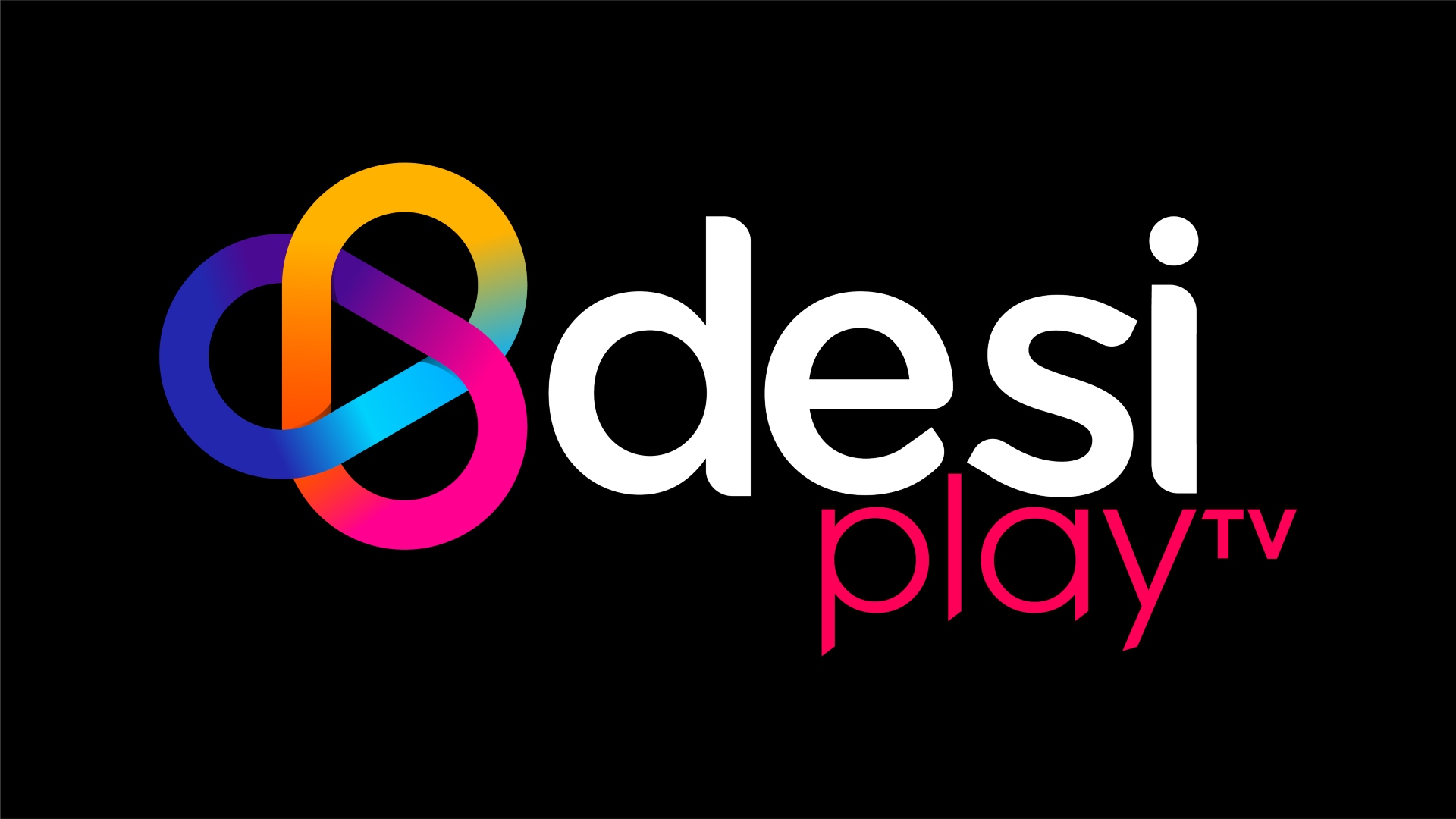
CRTC Told to Omit Social Media Users from Online Streaming Bill
A recently unveiled draft policy shows that the Liberal government of Canada intends to exempt online content creators from impending regulations targeted at digital giants.
The online streaming bill, approved in April, intends to mandate digital platforms like Netflix, YouTube, and TikTok to promote and contribute to Canadian content, a rule already applicable to traditional broadcasters. However, the Canadian Radio-television and Telecommunications Commission (CRTC) is yet to establish regulations to enforce the bill’s intentions.
The new draft policy instructs the CRTC to exclude social media users, inclusive of local businesses that upload content online, even if their content uses commercial music, reports The Canadian Press. Therefore, a user posting a makeup tutorial or dancing to a commercial song will not fall under these new regulations, as their content is primarily meant for internet consumption.
The regulations are more likely to be applicable when platforms stream music endorsed by commercial artists or record labels, especially when such content is broadcast across other media such as radio. The determining factor, according to a senior official from the Heritage Department, is whether commercial content featured on the platform also appears on other media, such as TV, radio, or other digital streaming services.
TikTok expressed support for the new instruction, while YouTube committed to preserving its creator-dependent ecosystem despite opposing the changes.
The draft policy also exempts individuals who stream video games or produce local podcasts from the regulations. These rules are scheduled for development over the summer, with a final policy directive expected in the fall.
Entities that will fall under these regulations will be obliged to promote Canadian content, with the government encouraging platforms to propose their methods for achieving this. Heritage Minister Pablo Rodriguez stated the law aims to enhance local storytelling and music on streaming platforms, many of which are US-based.
However, Conservative Heritage critic Rachael Thomas has criticized the legislation, deeming it government censorship that allows Liberals to control online content.
Back in May, the CRTC was accused of parroting the federal government’s agenda on Bill C-11, instead of being an independent public authority. A document published by the CRTC sought to debunk myths about the new legislation, specifically parts related to content creators in Canada.


